Harvard’s fate after ouster of Claudine Gay as its president
The resignation of Harvard’s chief is unlikely to move the Ivy League university beyond the scandals of the past few months or solve concerns about hostility toward Jews on campus.
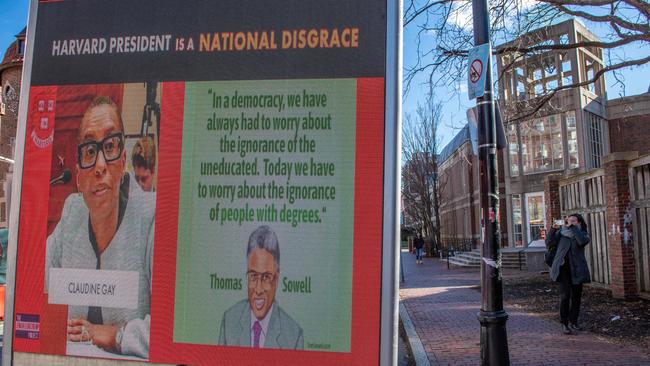
Claudine Gay resigned this week as president of Harvard University, after being dogged for weeks by allegations of plagiarism and charges that she didn’t respond with enough urgency to concerns about antisemitism on campus.
But her departure from the top spot is unlikely to move the university beyond the scandals of the past few months or solve concerns about hostility toward Jews on campus.
The governing board and interim leaders will first need to address concern from some faculty and alums that the school has drifted too far to the left, with a growing emphasis on ethnic studies and diversity, while also fielding complaints from others that it hasn’t gone far enough in addressing racial inequities on campus and in society at large.
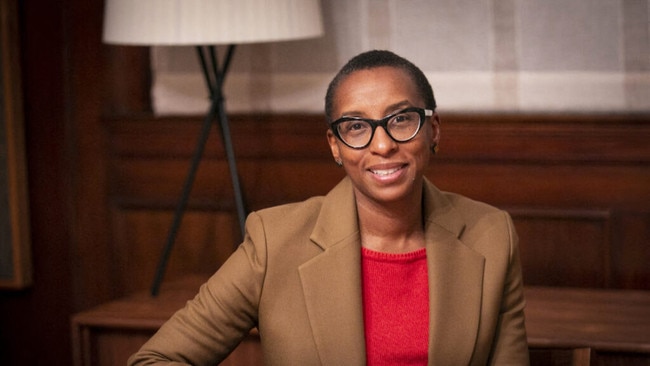
Harvard’s leaders also will have to navigate a fraught and changing admissions landscape, six months removed from a Supreme Court ruling that bars Harvard and other colleges from considering race when deciding who gets a coveted spot on campus.
And they will need to do it all under scrutiny, as Harvard is considered by many the leading embodiment of everything wrong with American higher education.
Christopher Rufo, a conservative activist who helped lead the charge for Dr Gay’s removal, said that he would continue pushing Harvard to make changes, including hiring more conservative professors, changing admissions policies and dismantling diversity, equity and inclusion initiatives, which he said are “racially discriminatory and ideologically corrupt”.
His aim, he said, was to “put truth back as the guiding principle of Harvard University.”
Billionaire investor and Harvard alum Bill Ackman, one of the earliest critics of how Dr Gay handled the university’s response to the October 7 Hamas attack, took a victory lap on Tuesday, reposting comments from Mr Rufo and other conservatives and suggesting Massachusetts Institute of Technology president Sally Kornbluth, who testified alongside Dr Gay at a US House of Representatives hearing last month, should be the next to resign.
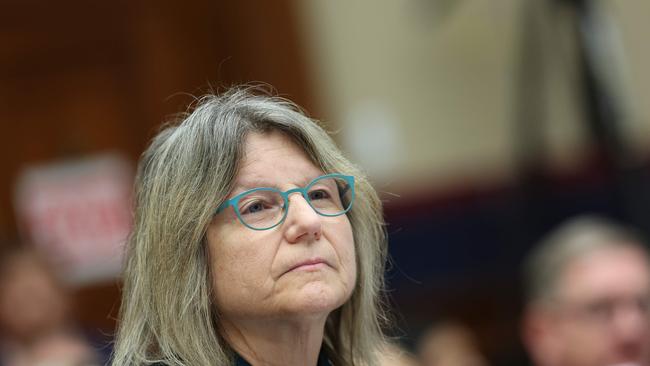
In a 4000-word post on X on Wednesday, Mr Ackman urged members of the Harvard Corporation to resign, and said their replacements should have more ideological diversity and be selected in a more democratic process – currently, existing board members select new ones.
Mr Ackman also said the Office for Equity, Diversity, Inclusion and Belonging should be shut down and its staff fired, citing its “fundamentally flawed and racist ideology”.
He wrote: “Harvard must once again become a meritocratic institution which does not discriminate for or against faculty or students based on their skin colour, and where diversity is understood in its broadest form so that students can learn in an environment which welcomes diverse viewpoints from faculty and students from truly diverse backgrounds and experiences.”
In light of today’s news, I thought I would try to take a step back and provide perspective on what this is really all about.
— Bill Ackman (@BillAckman) January 3, 2024
I first became concerned about @Harvard when 34 Harvard student organizations, early on the morning of October 8th before Israel had taken any military…
Harvard and other universities have grappled for decades over their ties to slavery and racial and religious discrimination, and said they need co-ordinated programs to help improve the campus environment for students and staff of colour.
Presidents around the country also acknowledge many factors besides merit, such as whether a parent attended the school or how much a family donated, have historically been considered in admission decisions.
Harvard didn’t enroll Black students for the first two hundred-plus years of its operation, and well into the 1900s had just a few Black students each year. Its classrooms first opened to women – students at Radcliffe College – in 1943, and the Harvard and Radcliffe admissions offices remained separate until the 1970s. The school established quotas to limit the number of Jewish students it enrolled in the 1920s.
An internal Harvard survey shows Black, Muslim and other minority students at Harvard feel a much lower sense of belonging and less opportunity to be their authentic selves than white and Asian students.
A representative from Harvard didn’t respond to a request for comment.
An MIT representative referred to recent statements made by the school’s board, faculty, alumni and top administrators expressing support for Dr Kornbluth.
Applications for early admission to Harvard fell 17 per cent this cycle, while other extremely selective colleges reported upticks, a sign of the potential reputational damage the school will likely now try to repair.
Parents in some large college-related Facebook groups have voiced worry over whether their Jewish children would be safe on campus, pointing to Dr Gay’s testimony at a House committee hearing last month and statements from student groups blaming Israel for the October 7 attack by Hamas. The radiant glow of the storied university has dulled, they said.

The Harvard Corporation, which was created in 1650 and has fiduciary responsibility for the school, will oversee the process of finding a new president, likely with input from faculty, staff and student advisory committees.
Dr Gay was named Harvard’s first Black president and second woman president in December 2022, after a five-month search. That was the shortest search in about 70 years, according to the Harvard Crimson, the student newspaper.
“She has a bedrock commitment to free inquiry and expression, as well as a deep appreciation for the diverse voices and views that are the lifeblood of a university community,” Penny Pritzker, the commerce secretary under then-US president Barack Obama and chair of the search committee, said at the time.
Tommie Shelby, a professor who served on the faculty advisory committee for the presidential search, said at Dr Gay’s inauguration in September that she balanced respect for tradition with “looking to the future and to what we should, and must, become”.
He said he celebrated Dr Gay’s appointment “because of what it says about Harvard and our place, the place of all who ever wondered if they belonged, within it”.
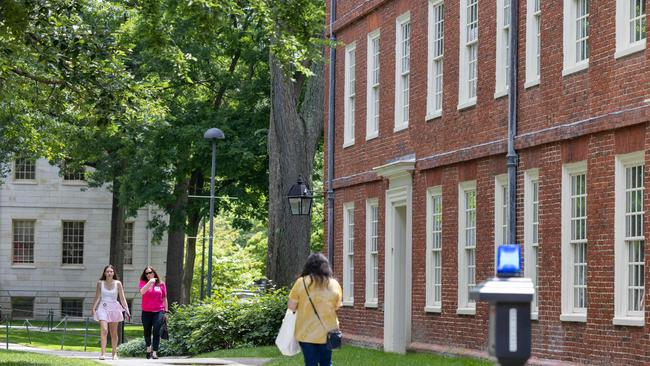
Harvard’s board hasn’t provided any details yet about how it will select the next president, but those involved will likely be acutely aware of how much focus they place on diversity – and whether they would be seen as backtracking if they pick a more traditional successor, such as a white man with decades of experience running another university.
Dr Gay was criticised for a relatively thin portfolio of published research, but those involved in picking presidents say many successful candidates come from other backgrounds, including politics and business.
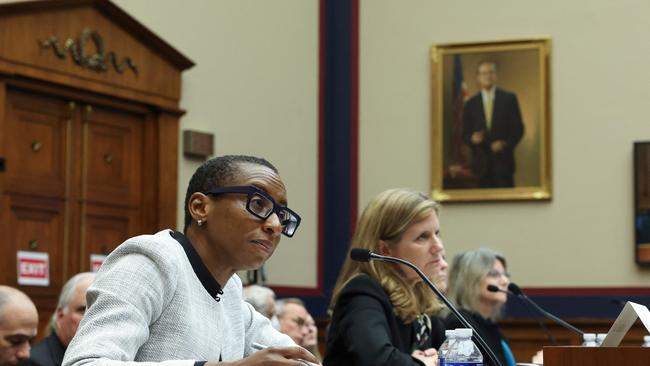
Zach Smith, executive partner for the education-market search firm WittKieffer, said that while faculty often want a president pulled from the professorial ranks, the day-to-day job duties require a very different skill set than being an academic.
“They’re high-level, executive roles,” said Mr Smith, who has worked on about 50 presidential searches. “What’s required to be successful is political savvy, fundraising, being able to sit across the table from some of the biggest donors in the world.”
Some women who might have been serious contenders just a year ago are now likely off the market. Women took the top spots at Dartmouth College, Columbia University and the MIT in 2023.
Sean Rossall, chief executive of higher-education public-relations firm RW Jones Agency, said Harvard’s current leaders should use the search process to help rebuild trust within the community.
“The most important thing that they can do right now is say everything. As many updates as they can provide, as much as they can tell the community, as much as they can openly and in real time share, the better off Harvard will be in the long run,” he said.
Mr Rossall said Harvard’s traditional approach of not engaging with the public on certain matters is faltering, and the board’s limited communication in recent weeks regarding Gay’s plagiarism allegations let others drive the story.
“You can only survive for so long being that cloistered,” Mr Rossall said.
Sara Randazzo contributed to this article.
The Wall Street Journal



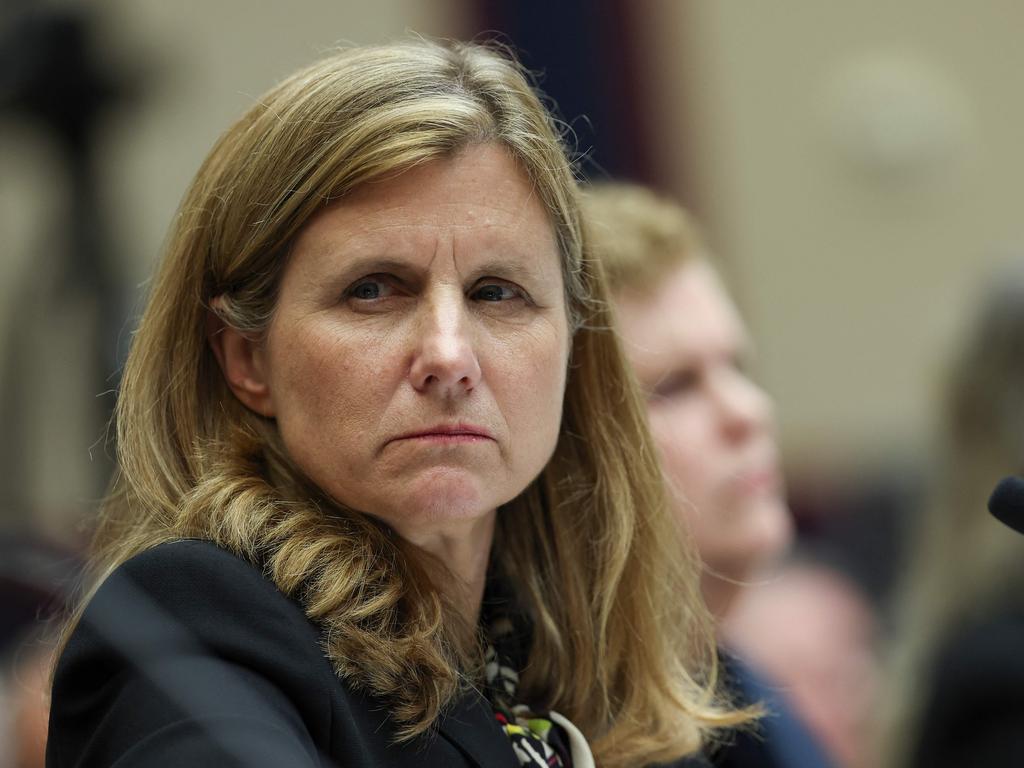


To join the conversation, please log in. Don't have an account? Register
Join the conversation, you are commenting as Logout